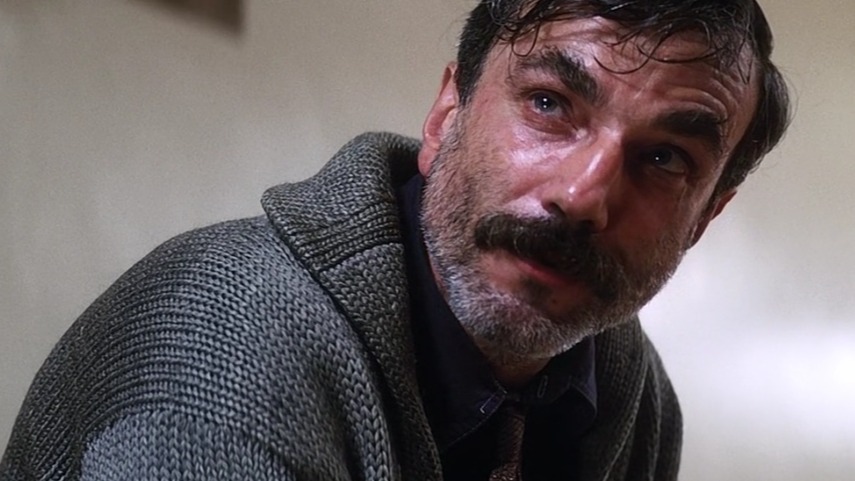Who belongs on the all-time acting Mount Rushmore? We rank the 15 greatest actors ever, from classic legends to today’s masters, with plenty of hot takes along the way.
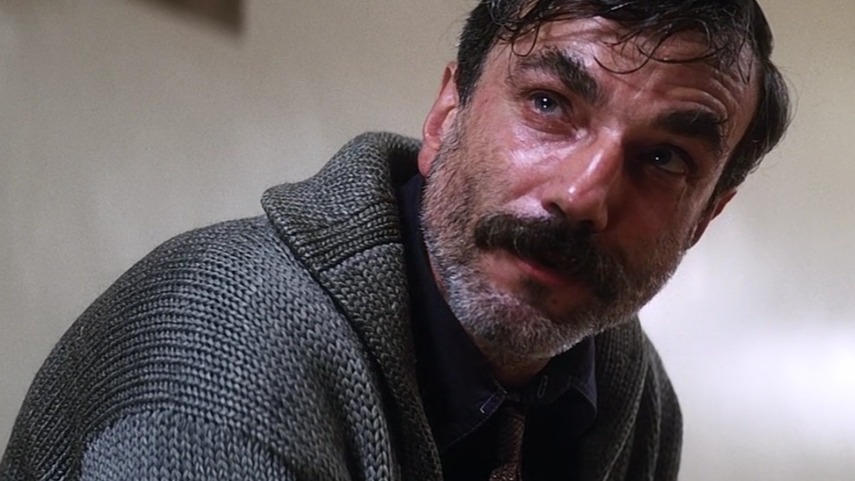
Picking the “best actors of all time” is basically inviting a friendly argument into your living room. One person’s untouchable legend is another person’s “sure, but what about…” – and honestly, that’s half the fun. Still, certain performances hit so hard they become a shared language: scenes you quote, reactions you meme, moments you randomly think about while doing absolutely anything else.
So consider this less of a final verdict and more of a greatest-hits celebration across eras, styles, and acting philosophies. These 15 names earned their spots by turning characters into something bigger than the script – sometimes tender, sometimes terrifying, sometimes both in the same minute. And if you’re more in the mood for powerhouse performances from actresses, that rabbit hole is waiting, too. For now, here are the men who made “watching a movie” feel like witnessing something.
15. Dustin Hoffman
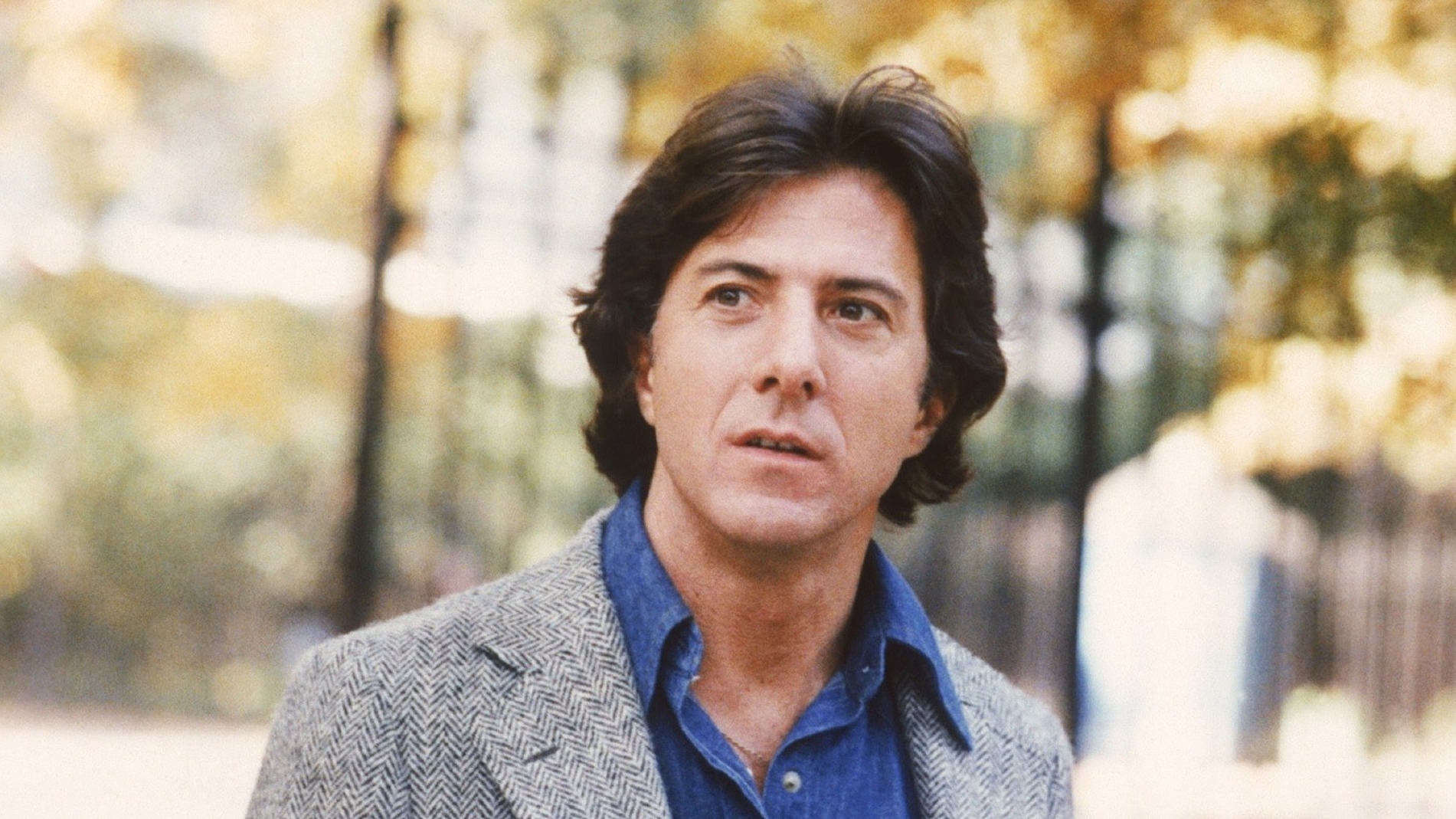
Awkwardness can be a weapon when an actor knows how to aim it, and Dustin Hoffman spent decades proving that discomfort is cinematic gold. He turns neurotic uncertainty into a full personality in The Graduate (1967), then pivots into gut-level emotional realism with Kramer vs. Kramer (1979). Even when the roles are bigger, like Rain Man (1988), he plays from the inside out – not chasing polish, not chasing cool, just digging until the character feels like someone you might actually bump into on a rough day. Hoffman’s performances don’t ask you to admire them; they dare you to relate to them, and that’s why they stick.
14. Michael Caine
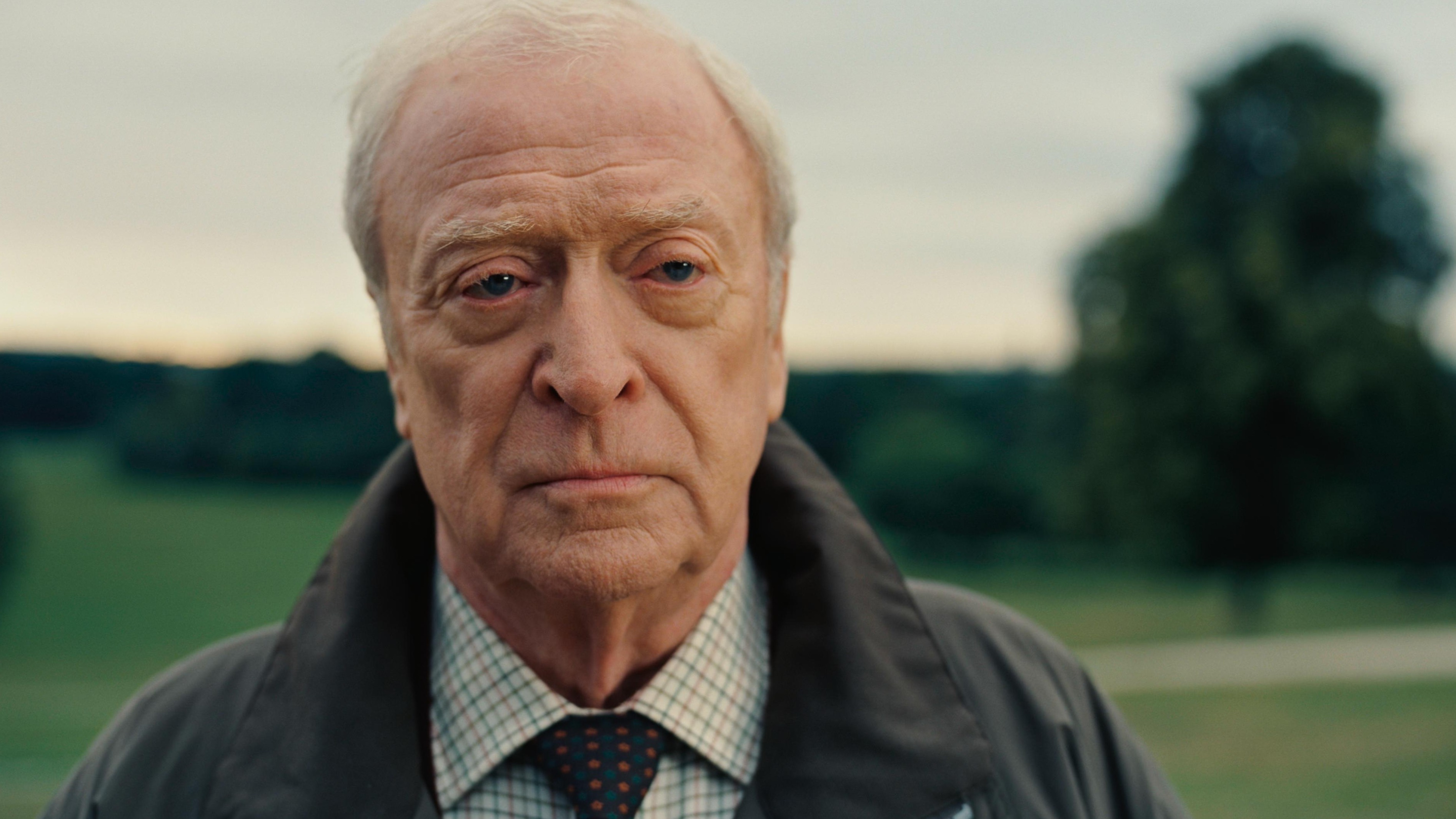
Some stars sell you on glamour; others win you over with pure, lived-in credibility, and that’s where Michael Caine thrives. He can glide through cheeky swagger in The Italian Job (1969) and then anchor a modern blockbuster like The Dark Knight (2008) with the kind of calm authority that makes everything around him feel real. The accent and charm are iconic, sure, but the real trick is how unforced it all feels – like he’s never “performing,” just existing at the exact frequency the movie needs. Whether he’s a mentor, a rogue, or the guy quietly stealing a scene with one look, Caine’s greatest flex is making effortlessness look like an art form.
13. James Stewart
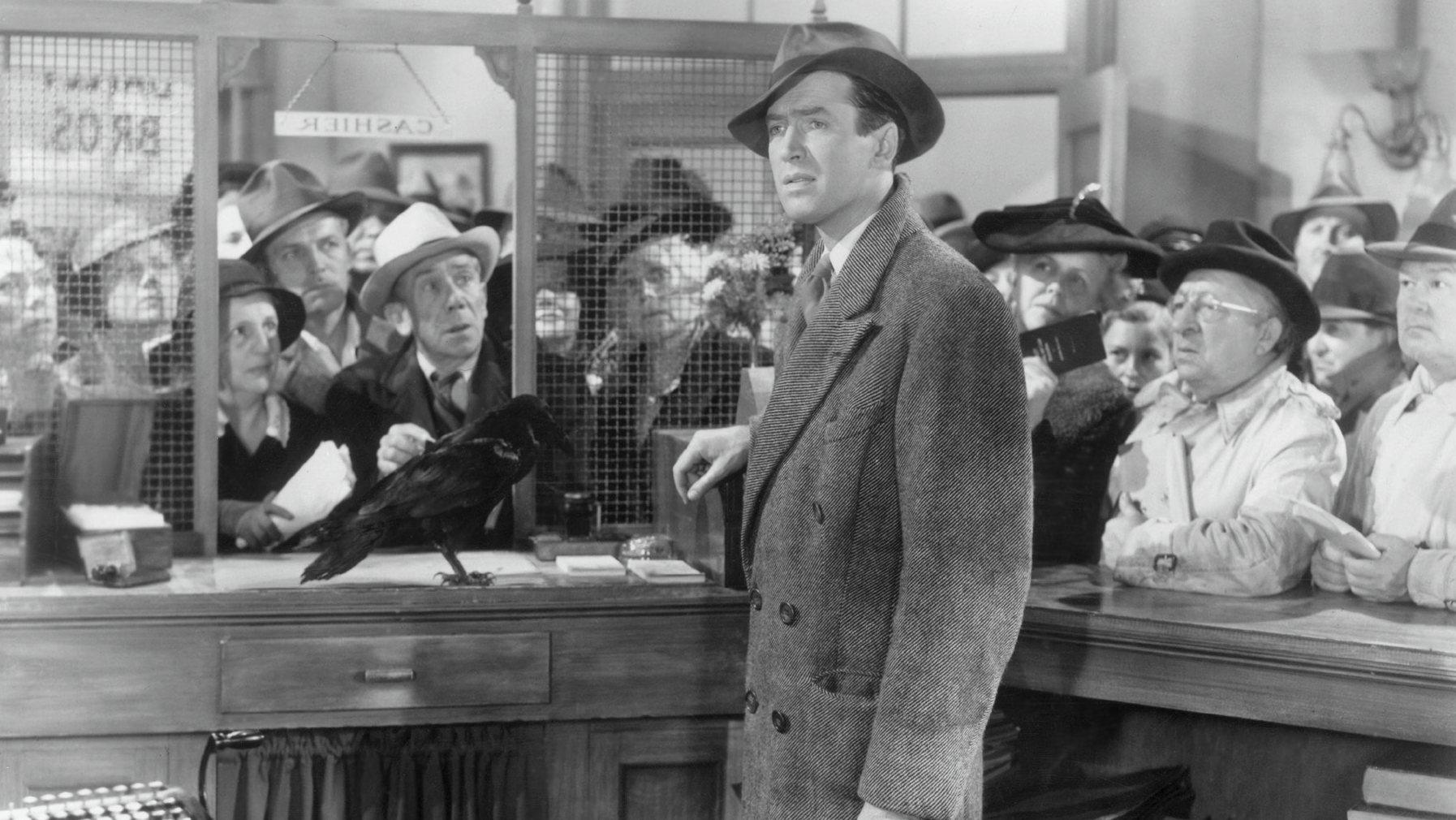
Sincerity is harder than it looks, which is why what James Stewart did so effortlessly still feels special. In It’s a Wonderful Life (1946), he makes hope sound shaky and real – the kind you cling to, not the kind you declare. Then Vertigo (1958) reveals the other side: obsession, paranoia, and fear that creep in quietly until you realize you’ve been holding your breath. Stewart’s gift was never about flash; it was about honesty, the sense that the character’s emotions were happening for the first time, right there on screen. He made ordinary men feel monumental, not because they were larger than life, but because they weren’t.
12. Christian Bale
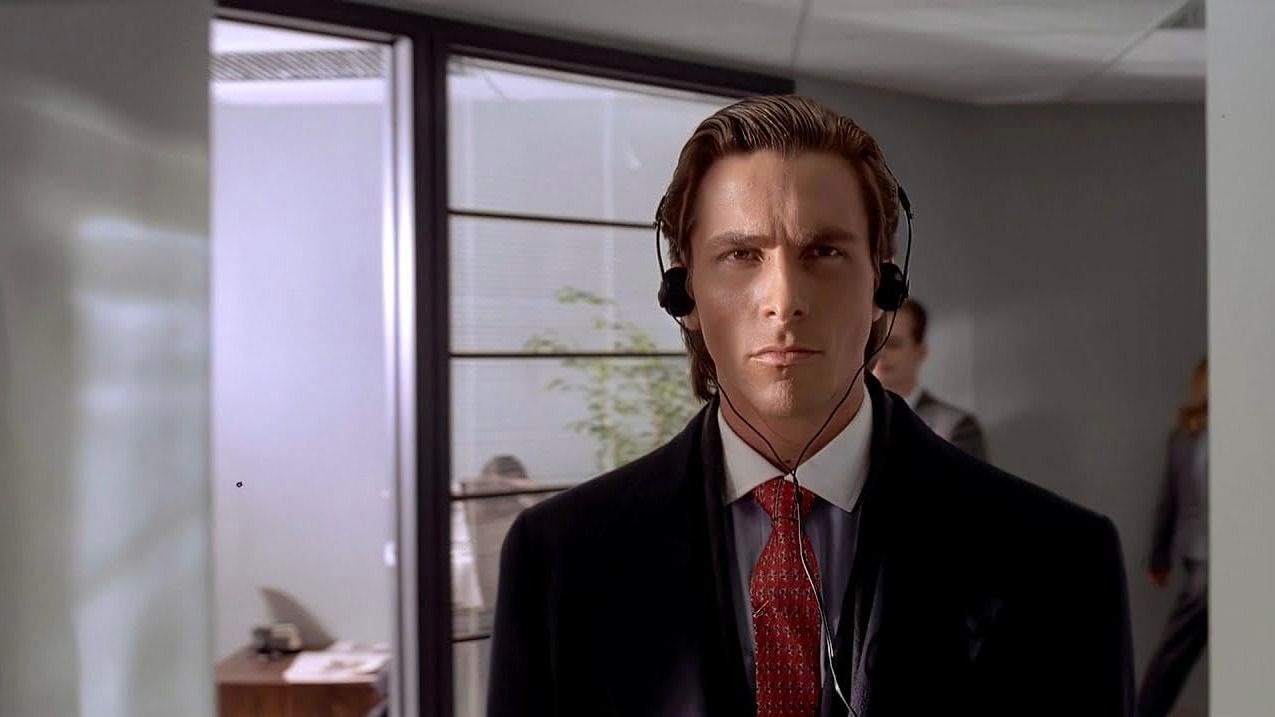
Commitment is one thing; total self-erasure is another, and Christian Bale lives in that second category. The glossy nightmare of American Psycho (2000) works because he plays it like a man trying to convince himself he’s human, while The Machinist (2004) feels like a body and mind being worn down in real time. Even when he steps into massive pop-culture territory with The Dark Knight (2008), the performance still has grit – a private intensity under the iconography. Bale’s transformations get talked about a lot, but the bigger flex is how he changes the character’s internal temperature: voice, rhythm, posture, presence. You don’t watch him “act” so much as watch him disappear.
11. Leonardo DiCaprio
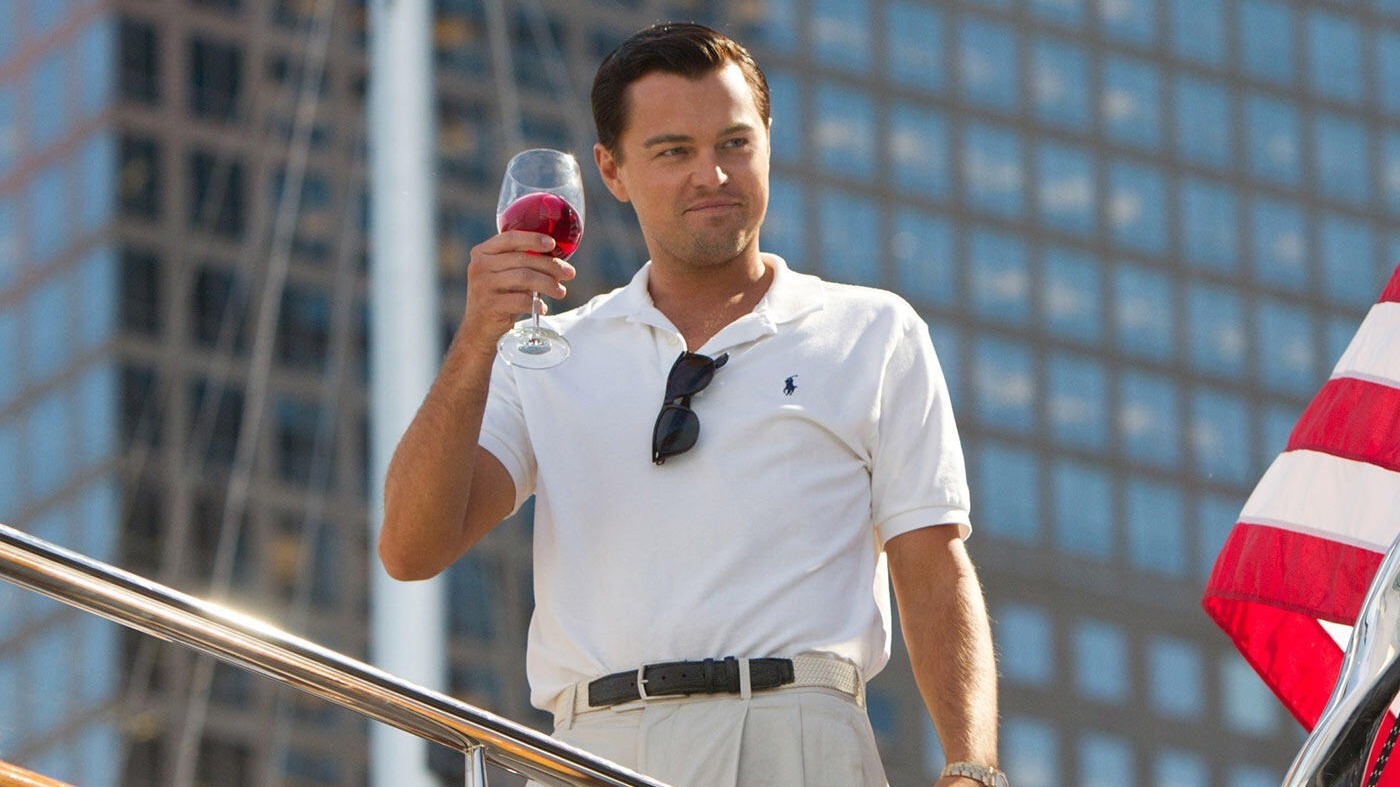
Playing it safe has never seemed to interest Leonardo DiCaprio for very long, and that restlessness is why his career keeps leveling up. Sure, Titanic (1997) made him the face of a generation, but what followed was a steady hunt for roles that demand sweat, panic, obsession, and moral rot. You can practically feel him white-knuckling through The Departed (2006), and he turns self-destruction into dark comedy with The Wolf of Wall Street (2013). DiCaprio’s best work has a frantic edge – like the character is always one bad decision away from imploding – and he commits so fully that the chaos starts to feel weirdly human. It’s star power with teeth.
10. Robert De Niro
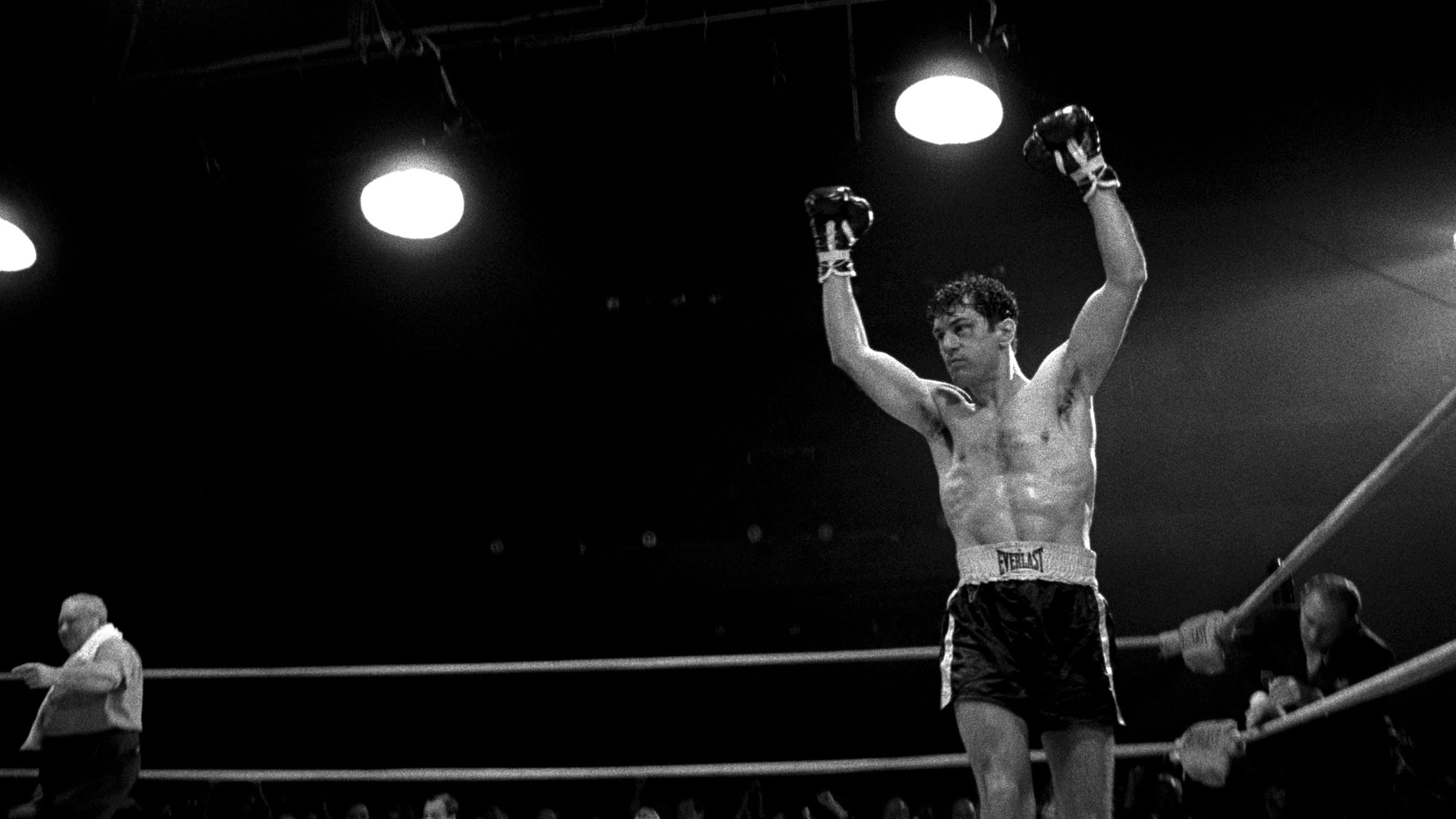
A stare can be louder than a speech, and few actors weaponize silence like Robert De Niro. The lonely menace of Taxi Driver (1976) and the self-destruction of Raging Bull (1980) aren’t just “great acting” – they’re benchmarks people measure careers against. The legend of his preparation is real, but what’s more impressive is the precision: every pause feels chosen, every burst of violence feels earned, every soft moment feels like it’s fighting to survive. And then he flips the whole perception with comedy, showing in Meet the Parents (2000) that timing can be just as sharp as intensity. De Niro doesn’t perform at the camera; he pulls you into the character’s gravity and refuses to let go.
9. Denzel Washington
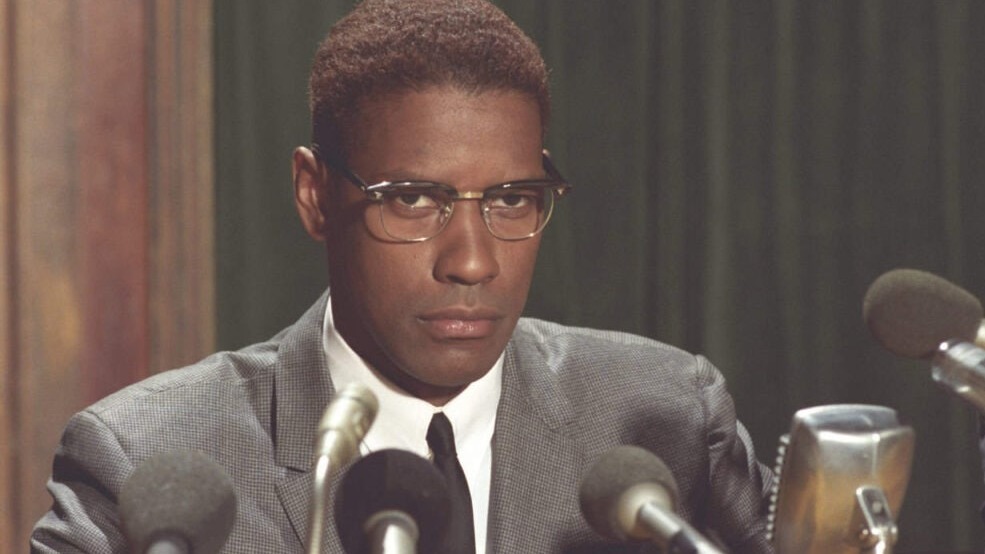
Authority doesn’t have to be loud – sometimes it’s just a man walking into a scene and suddenly everyone else feels like they need to step their game up. That’s Denzel Washington in a sentence. Training Day (2001) is the obvious proof, a performance so magnetic it makes you hate the character while still being unable to look away. But his range lives in the control: the moral weight and quiet intelligence in Philadelphia (1993), the cracking pressure of a man spiraling in Flight (2012), the way he can flip from warmth to fury without it ever feeling like a switch being thrown. Washington doesn’t just deliver lines – he gives them consequence.
8. Joaquin Phoenix
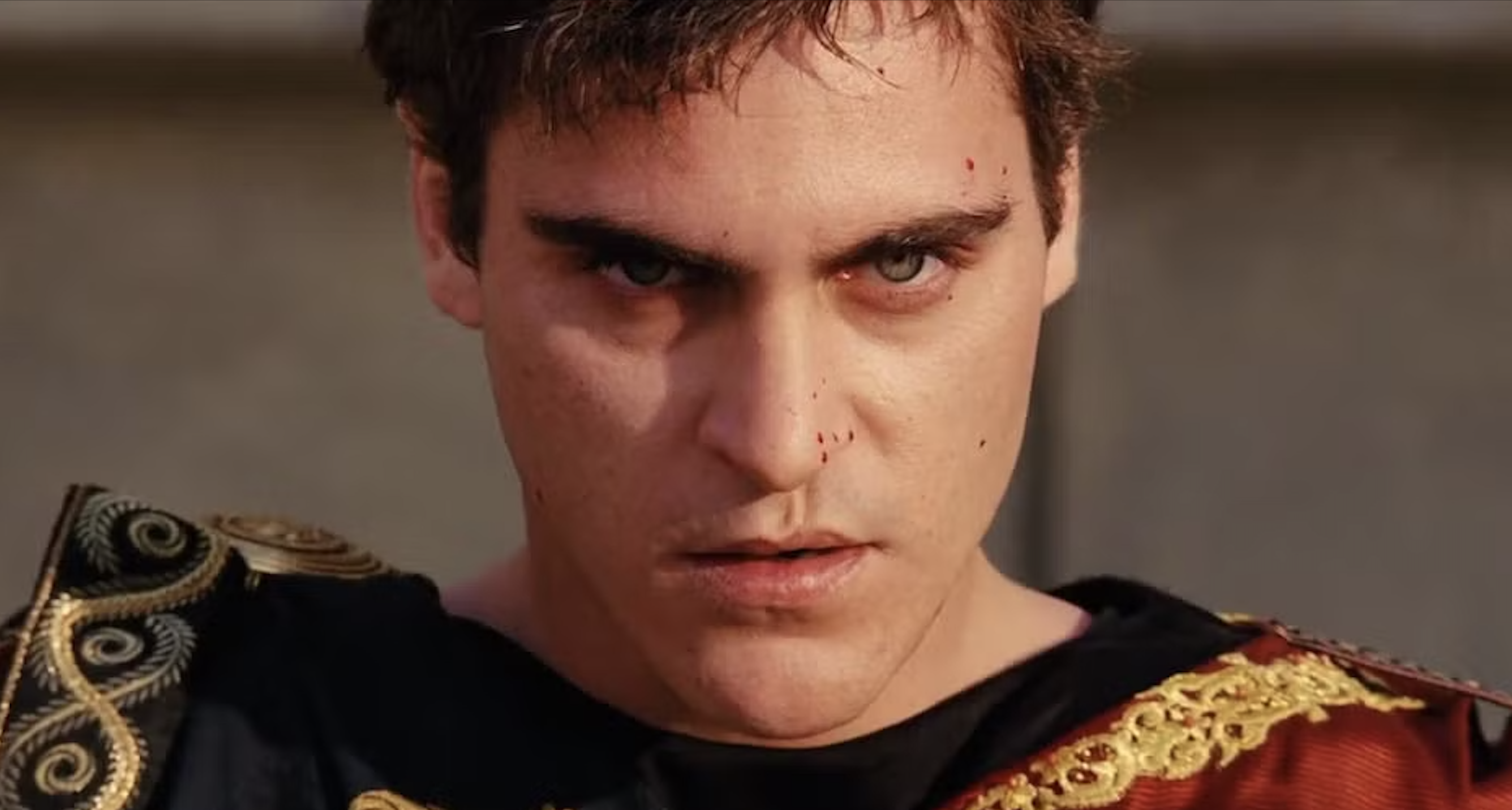
Some performances feel like acting; Joaquin Phoenix’s often feel like someone letting you read their diary against your will. The tenderness and loneliness in Her (2013) is so intimate it’s almost uncomfortable, and that discomfort is exactly the point – he’s never trying to make the character “easy.” Then Joker (2019) swings the door wide open into chaos, with a physicality that’s equal parts fragile and alarming. Phoenix has this rare ability to make a moment unpredictable without making it random, like you can sense the character thinking faster than the script. He doesn’t chase likability, and somehow that honesty makes the work hit even harder.
7. Marlon Brando
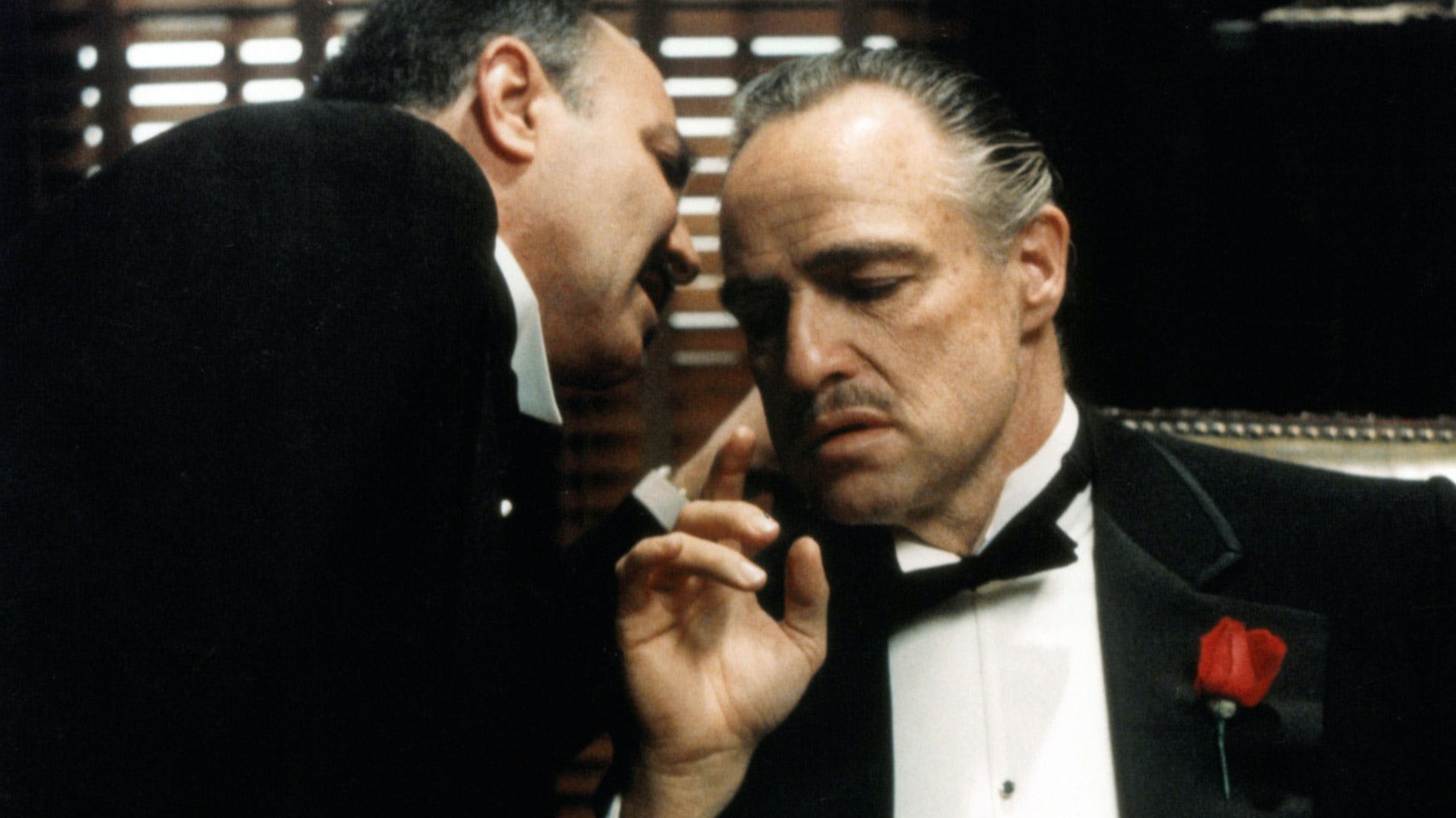
Before “method acting” became a buzzword people tossed around in interviews, Marlon Brando was already changing what movie performance could look like. There’s a raw, bruised electricity in On the Waterfront (1954) that still feels modern – not theatrical, not tidy, just painfully alive. Go back to A Streetcar Named Desire (1951) and you can see how he weaponized vulnerability and volatility in the same breath, then later turned understatement into myth with The Godfather (1972). Brando didn’t just influence actors; he rewired audience expectations, making it normal to want characters to feel messy, contradictory, and real. Even when he’s doing almost nothing, you can feel a storm behind the eyes.
6. Al Pacino
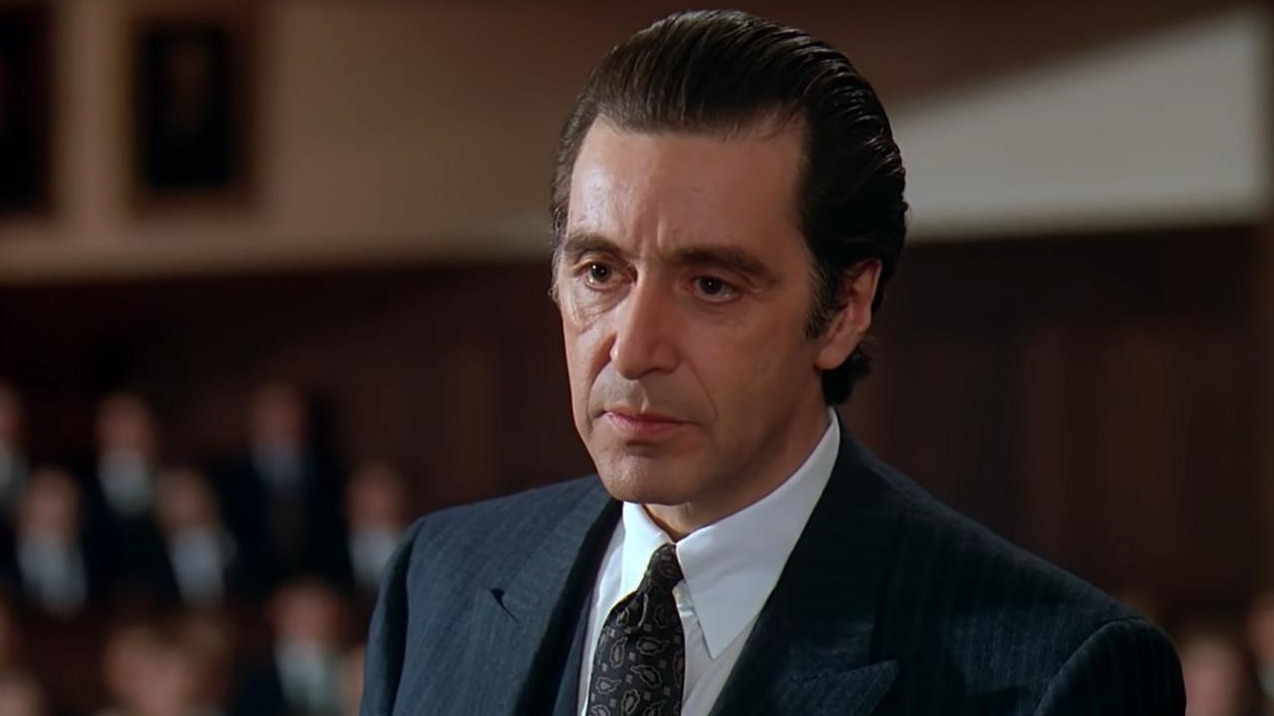
Some actors turn dialogue into music, and Al Pacino is one of the great conductors – he can make a whisper sound like a warning and a shout feel like a confession. The slow, devastating transformation in The Godfather (1972) is masterclass-level restraint, while Scarface (1983) is pure volcanic force, all nerves and ego and doomed momentum. What’s easy to miss is how specific he is underneath the theatrics: every outburst has a root, every intensity spike has a trigger. Pacino doesn’t just play big characters; he makes them feel like people who can’t contain themselves. When he’s locked in, you don’t watch the scene – you hang on through it.
5. Gary Oldman
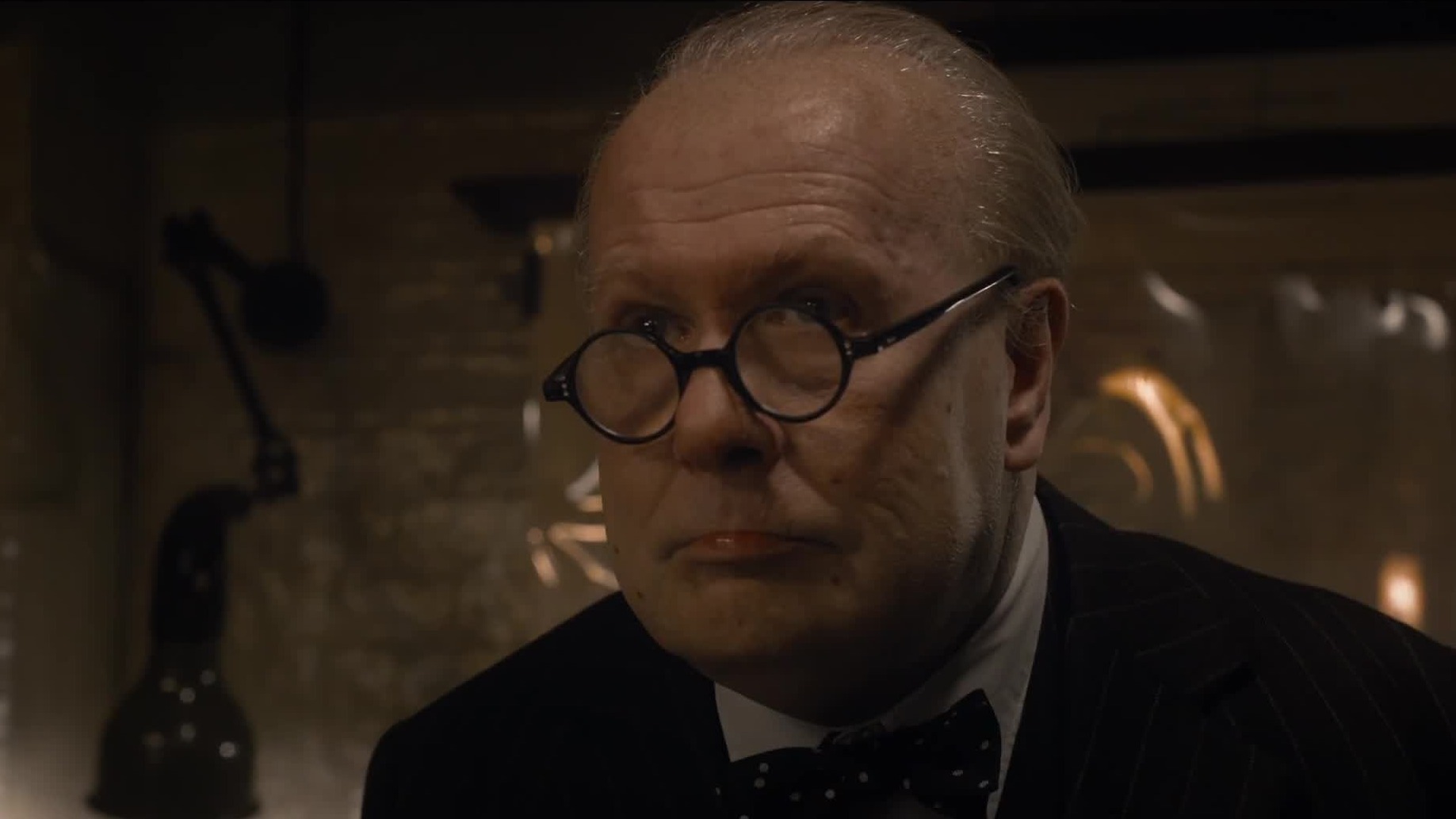
Disappearing is the trick, and Gary Oldman does it so well you sometimes realize who you’re watching way too late. He’s feral and electric in Sid and Nancy (1986), then becomes a grounded moral core as Commissioner Gordon in The Dark Knight (2008) – two completely different energies that feel equally natural. Darkest Hour (2017) is the headline transformation, but the real point is consistency: Oldman commits to the character’s logic so fully that the makeup, the accent, the posture all become secondary. He isn’t doing impressions; he’s building human beings from scratch. It’s not just range – it’s reinvention.
4. Anthony Hopkins
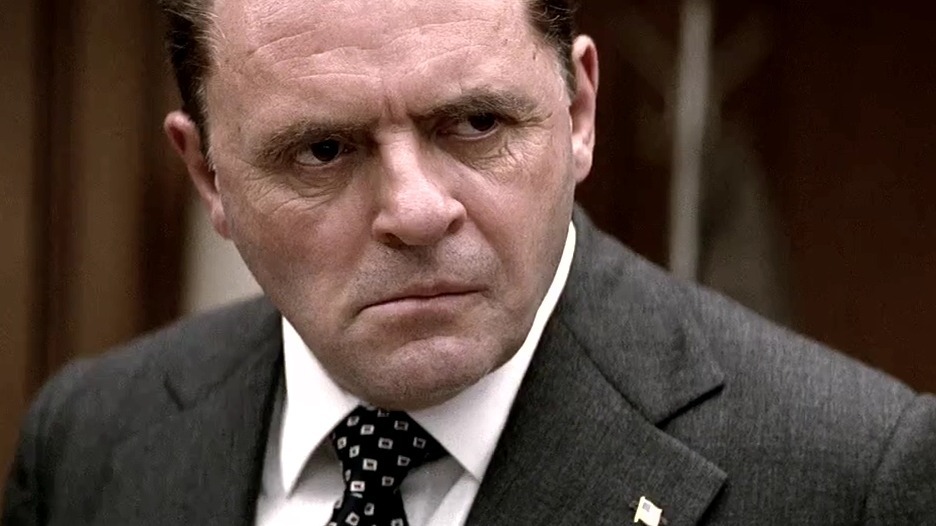
Control can be terrifying, and Anthony Hopkins has made a career out of wielding it like a scalpel. Yes, Hannibal Lecter in The Silence of the Lambs (1991) is the pop-culture monument – calm menace, perfect diction, a smile that feels like a trap – but his greatness goes way beyond fear. He can break your heart with quiet restraint in The Remains of the Day (1993), then completely flatten you with the raw, aching realism of The Father (2020). Hopkins doesn’t overplay emotion; he lets it simmer until a single glance does the damage. When he finally releases the tension, it hits like a truth you weren’t ready to hear.
3. Peter O’Toole
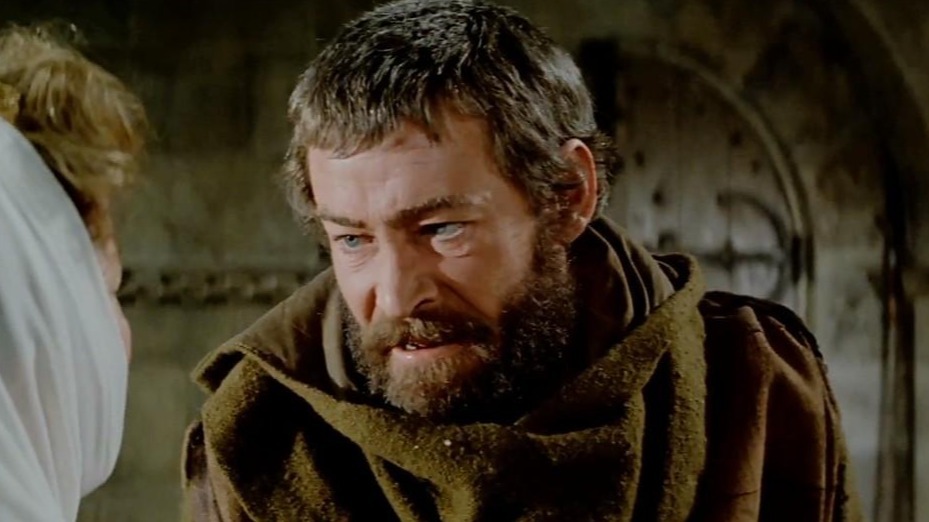
Epic cinema needs an epic center, and Peter O’Toole had the kind of presence that could hold an entire desert in place. Lawrence of Arabia (1962) isn’t famous because it’s “big”; it’s famous because he makes the scale personal – charisma, pride, doubt, madness, all flickering behind those impossible eyes. There’s something theatrical about O’Toole, but never in a hollow way; he can sound poetic and still feel dangerous, like the character might float or explode depending on the next breath. Even without the competitive Oscar wins, his legacy is obvious: he’s the blueprint for playing a legend without turning the person into a statue.
2. Jack Nicholson
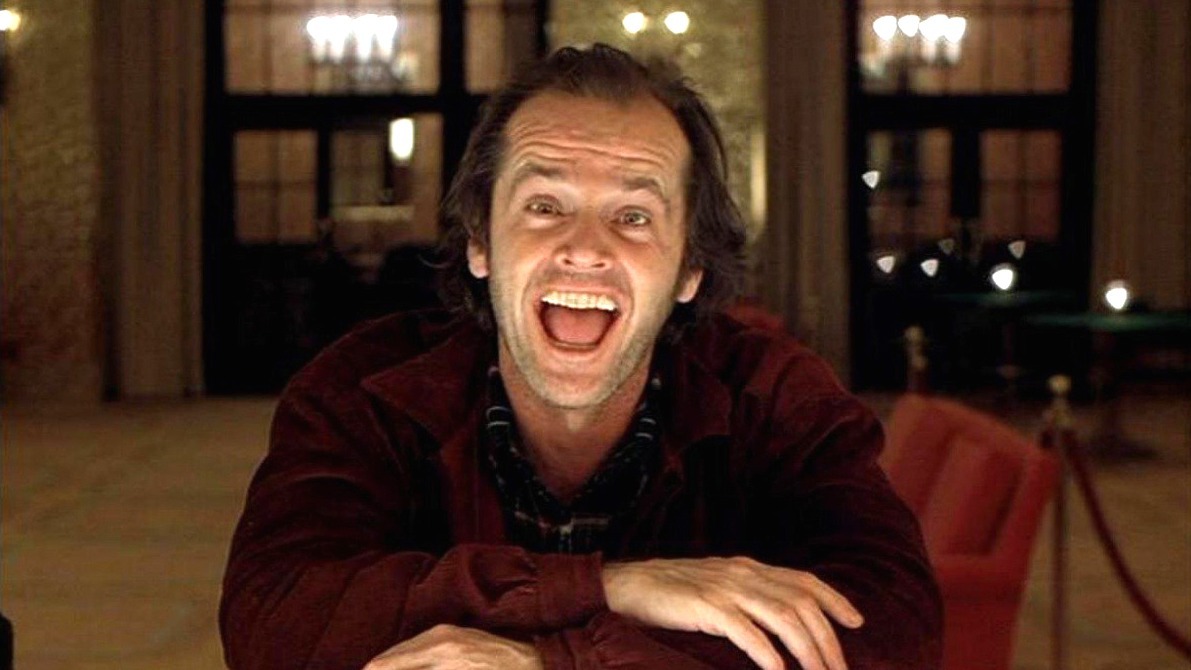
That grin is basically a genre all by itself. Jack Nicholson could make charm feel like a dare, then twist it into something unhinged without losing the audience for a second. One Flew Over the Cuckoo’s Nest (1975) captures him at peak rebellious magnetism, while The Shining (1980) turns him into a nightmare you can’t look away from – equal parts theatrical and disturbingly committed. The secret sauce is unpredictability: even when you think you know where the scene is going, he plays it like he’s one step ahead of the script and two steps ahead of you. Nicholson made chaos entertaining, but he never made it meaningless.
1. Daniel Day-Lewis
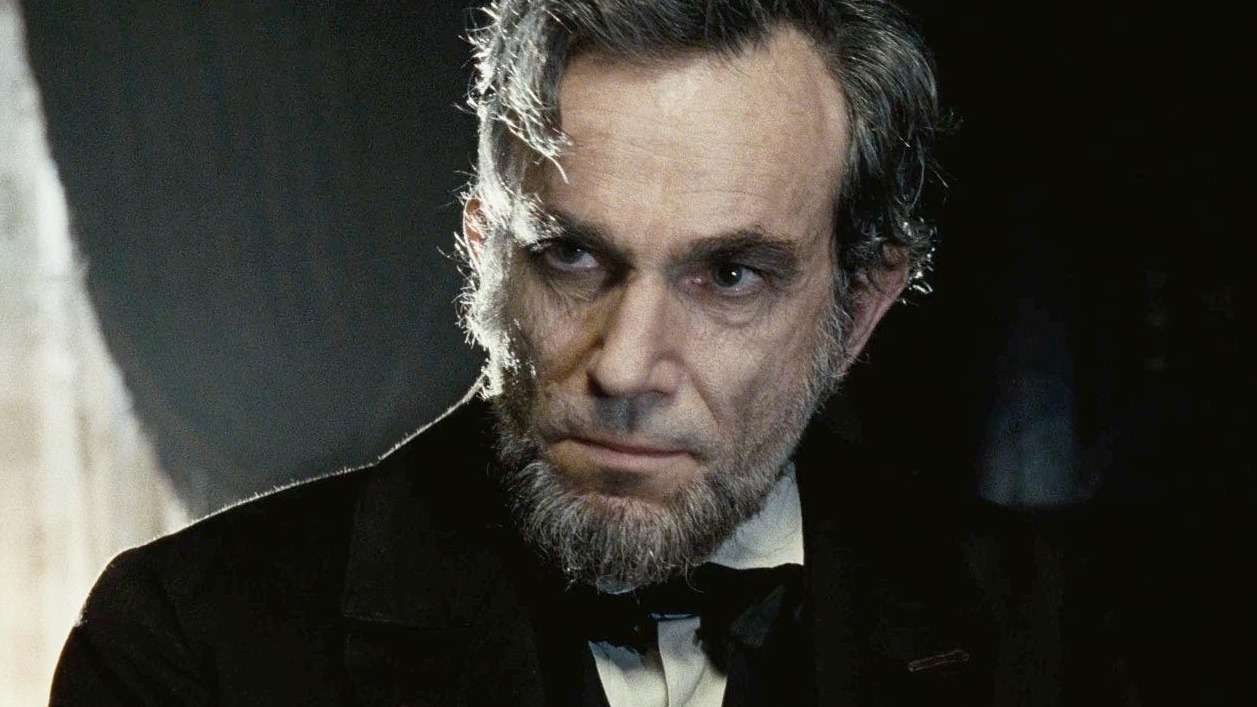
If perfection has a price, Daniel Day-Lewis is the actor most willing to pay it. Every performance feels engineered with terrifying focus – not “worked on,” but lived in, like the character existed before the camera showed up and will keep existing after it leaves. The fury and appetite of There Will Be Blood (2007) is the kind of work that becomes folklore, while Lincoln (2012) proves he can make stillness feel monumental. Then Phantom Thread (2017) arrives and reminds you he can do obsession quietly, too, with every little gesture feeling like a clue. Day-Lewis doesn’t just play roles; he vanishes into them so completely it’s hard to imagine anyone else even attempting the same part.


































